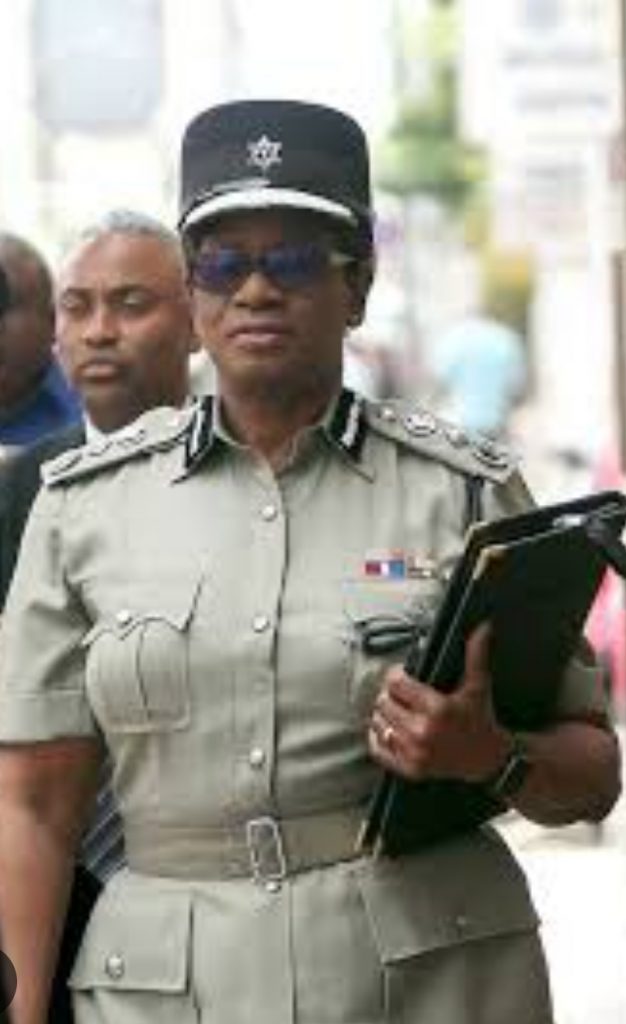The recent closure of the criminal investigation into Police Commissioner Erla Harewood-Christopher, citing insufficient evidence to proceed with charges related to the importation of sniper rifles for the Strategic Services Agency (SSA), raises significant concerns about the efficiency and responsiveness of the Office of the Director of Public Prosecutions (DPP). This protracted process, spanning over three months, has not only cast a shadow over the reputation of a high-ranking public official but has also eroded public trust in the judicial system’s ability to act decisively and transparently.
Commissioner Harewood-Christopher was arrested on January 30, 2025, and subsequently released without charges on February 1, 2025, upon the DPP’s advice pending further investigations. Despite the gravity of the allegations and the high-profile nature of the case, the DPP’s office took until May 10, 2025, to announce the conclusion of the investigation, stating there was no realistic prospect of conviction for misbehaviour in public office.

The delay in reaching this decision has had tangible repercussions. Commissioner Harewood-Christopher remained suspended from her duties throughout this period, with her tenure officially ending on May 15, 2025. The prolonged uncertainty not only impacted her professional standing but also left the leadership of the Trinidad and Tobago Police Service in a state of limbo, potentially affecting its operational effectiveness.
This situation underscores a broader issue of systemic inefficiencies within the DPP’s office. The inability to expedite investigations, especially those involving high-ranking officials, can lead to perceptions of administrative inertia or, worse, political interference. Such perceptions are detrimental to the credibility of the justice system and can diminish public confidence in its impartiality and effectiveness.
Given these considerations, it is imperative to evaluate the leadership within the DPP’s office. Accountability is a cornerstone of public service, and when the actions—or inactions—of a public official contribute to a crisis of confidence in a critical institution, resignation becomes a necessary step toward restoring trust. Therefore, in light of the delays and their implications, the DPP should seriously consider stepping down to allow for a restructuring that prioritizes efficiency, transparency, and public confidence in the prosecutorial process.
The justice system must not only be fair but must also be perceived as fair and efficient. Timely decision-making, especially in high-profile cases, is essential to uphold the rule of law and maintain public trust in legal institutions.

